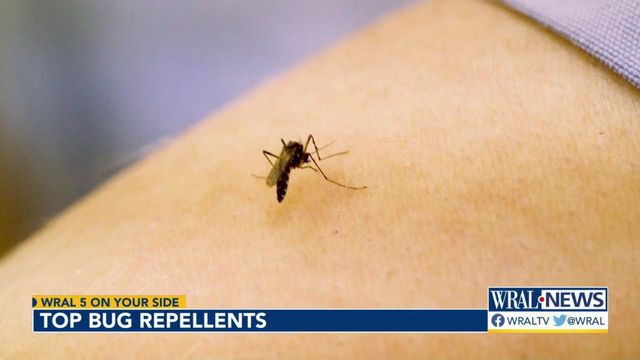Bug-borne diseases on the rise. Here's how to protect yourself from itch or worse
A lot of us are spending a lot more time outdoors, but beware of ticks and mosquitoes.
The diseases they spread are on the increase across the country, and not only the ones you’ve probably heard of: West Nile, Lyme disease and Rocky Mountain Spotted Fever.
New ones are sprouting up.
The Centers for Disease Control and Prevention says for the first time since 2004, they have reports of at least nine mosquito and tick-borne diseases.
So it’s really important to get protection. The best way to do that is to use insect repellent with DEET on all exposed skin.
In Consumer Reports tests, products made with 15 to 30% DEET worked best. Testers applied a standard dose of repellent to the skin of test subjects, waited 30 minutes, then checked whether mosquitoes were still interested. Tests show products effective against mosquitoes are also effective against ticks.
Two best buy options: Total Home CVS Woodland Scent Insect Repellent, and 3M Ultrathon Insect Repellent8.
According to the EPA, thorough testing has shown that DEET is safe when properly used.
Still, many prefer a non-DEET alternative.
“Products with 30% oil of lemon or eucalyptus are good alternatives, and we also have a few high scorers that contain 20% picaridin,” said Consumer Reports' Catherine Roberts.
No matter which repellent you choose, to be effective it has to be applied properly.
- Use a thin coat on all exposed skin.
- Spray on top of your clothes, but don’t apply under your clothing.
- Be sure to wash hands after applying and wash off the repellent after returning indoors.












